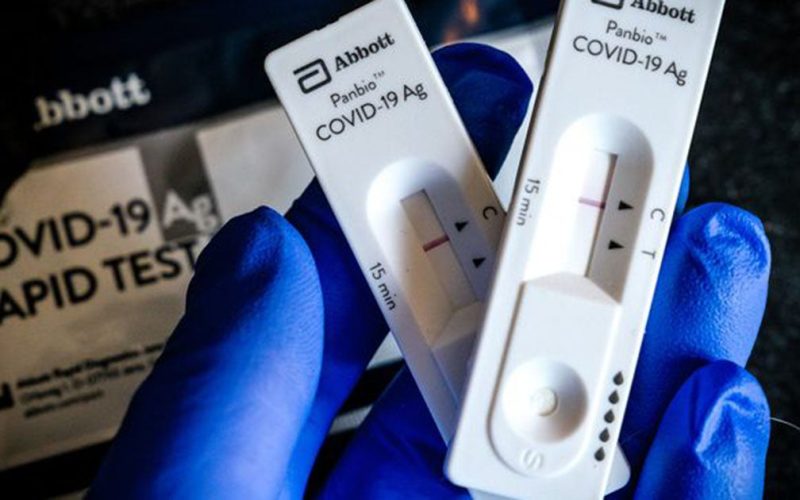UMC Utrecht has been commissioned by the Ministry of Education, Culture and Science (OCW) to investigate the use of corona self-tests in secondary schools in the Netherlands. They have calculated what effects on infections in schools can be expected when education takes place with complete physical presence in the class room. It was examined whether the use of frequent self-testing and vaccination could counteract an increase in infections.
The study used data collected by Patricia Bruijning-Verhagen and colleagues from the Epidemiology of Infectious Diseases research group from February to April 2021 at 46 schools that participated in a pilot study involving risk-oriented use of rapid antigen testing in school. The calculations are based on the situation in an average secondary school, consisting of 944 students and 72 teachers, divided over different grades, so that a good average of the Dutch educational system was included in the research. The investigators are working hard to have their research published as soon as possible. The first insights are shared here by providing access to the presentation and an explanation of the research.
The most important conclusion is that by performing a screening on two days a week by means of a corona self-test, the expected increase in infections in secondary schools can be significantly reduced. The degree of participation in self-tests among students and teachers largely determines the effect. Self-testing twice a week is expected to prevent an increase in infections among teachers when at least 50 percent willingness to participate among students can be achieved.
Based on these results, the Dutch government has decided that secondary schools can re-open for students from Monday May 31 onwards and must re-open from 7 June using self-tests. In schools, the one and a half meter rule can then be released between students. It goes without saying that it remains important to pursue basic hygiene measures because they help prevent the spread of the corona virus.
